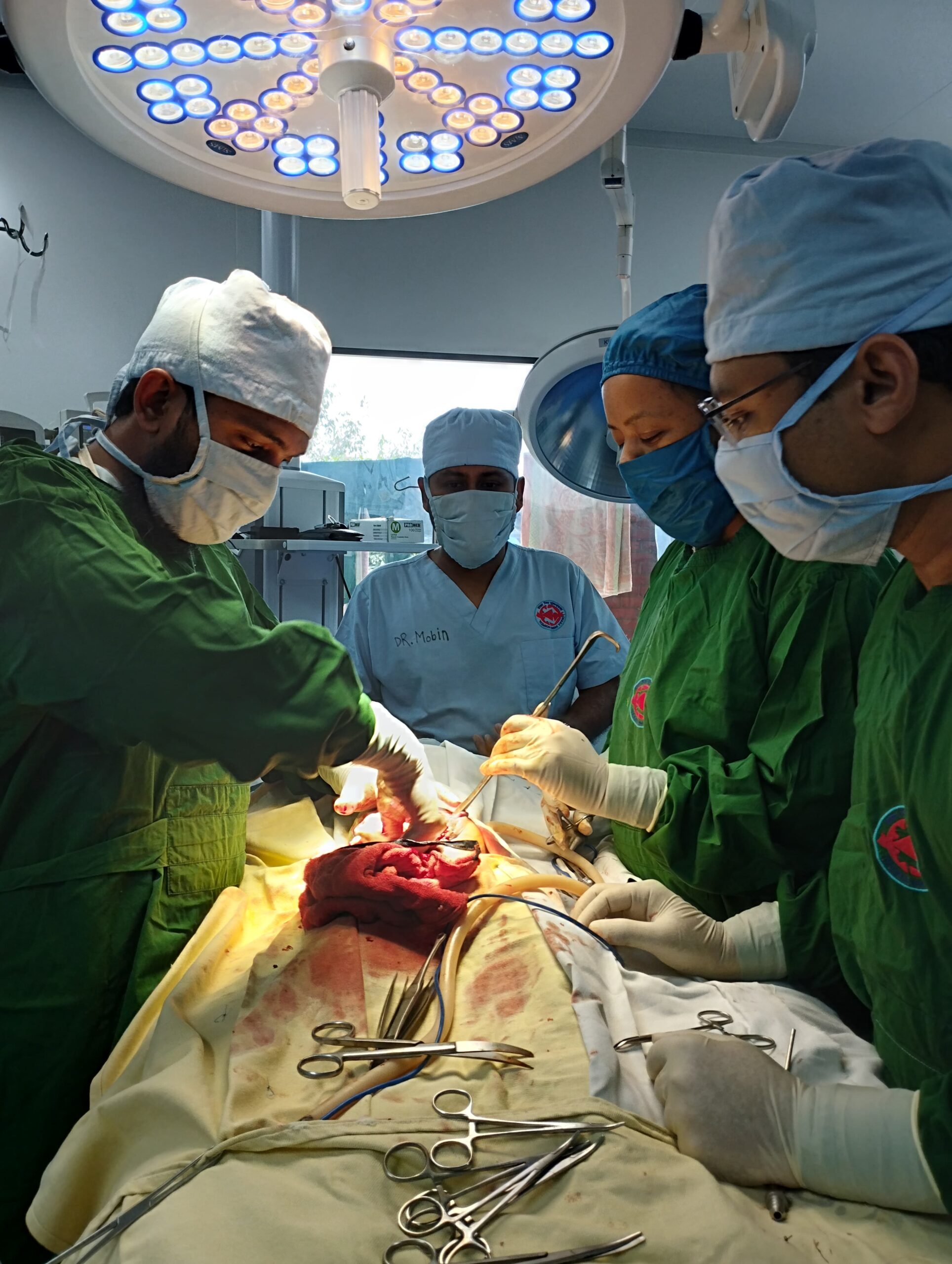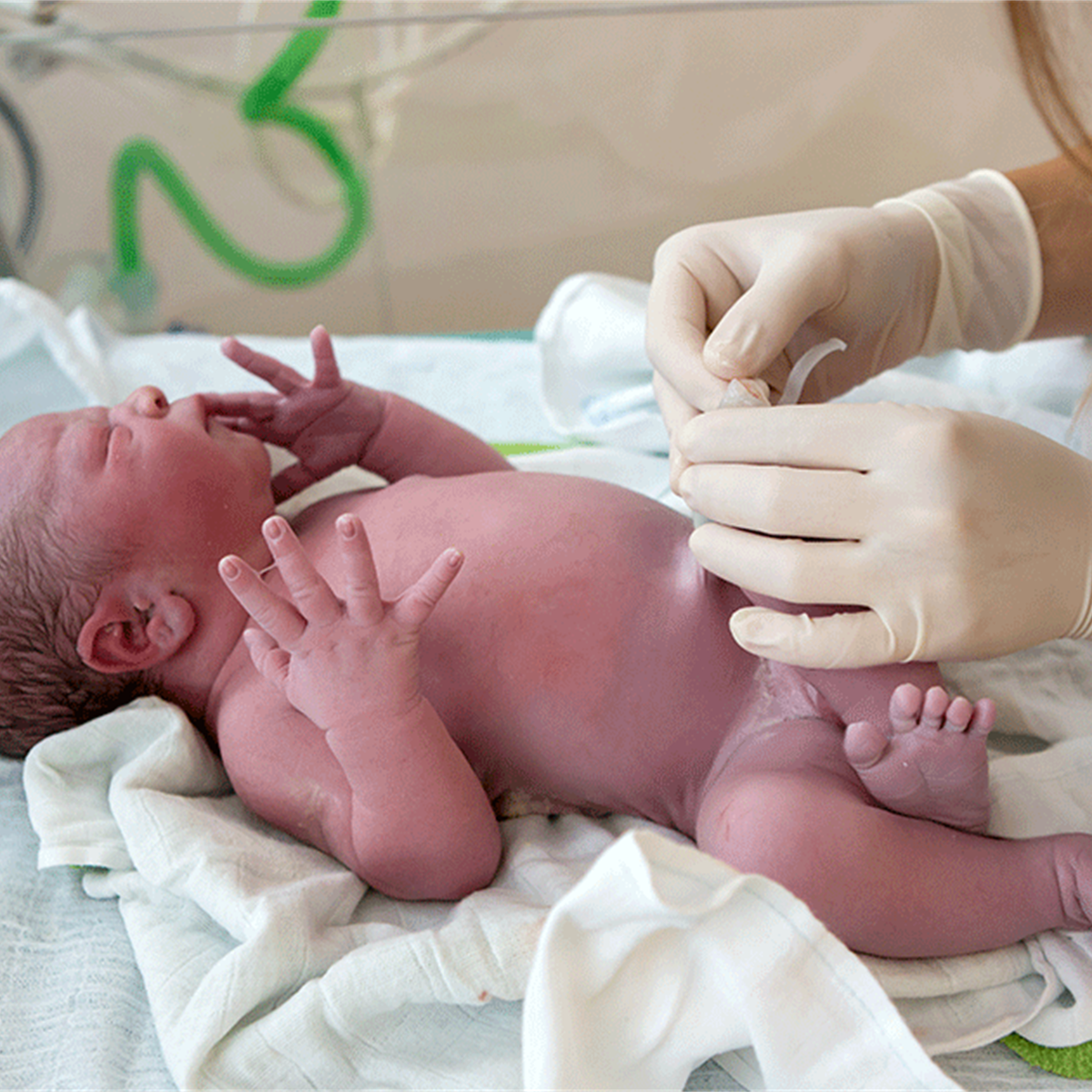- SAT-THU 8AM - 7PM
- +8801737654582
- mejbah31@gmail.com
Circumcision surgery is a straightforward yet significant medical procedure that involves the removal of the foreskin from the penis. This surgical intervention is performed for various reasons, including cultural or religious traditions, personal choice, and medical indications. Commonly carried out in infancy or early childhood, circumcision has been associated with several health benefits, including reduced risks of certain infections and urinary tract issues.


Testicular surgery encompasses various procedures aimed at addressing medical conditions affecting the testicles.
Orchiectomy: This surgery involves the removal of one or both testicles and is often performed for conditions such as testicular cancer, severe infections, or trauma.
Testicular Biopsy: Conducted to investigate infertility or diagnose testicular conditions, a biopsy entails the removal of a small tissue sample from the testicle for examination.
Hydrocele and Varicocele Repair: Surgical procedures are employed to address conditions like hydroceles (fluid-filled sacs causing swelling) and varicoceles (enlarged veins affecting fertility), promoting relief and improved reproductive health.
Testicular Prosthesis Implantation: After an orchiectomy, a prosthetic testicle may be implanted for cosmetic reasons, offering a sense of normalcy for patients.

Dr. H M Mejbah Uddin
MBBS, MS ( Paediatric Surgery)
Assistant Professor,
Paediatric Urology Department
Bangladesh Shishu Hospital & Institute